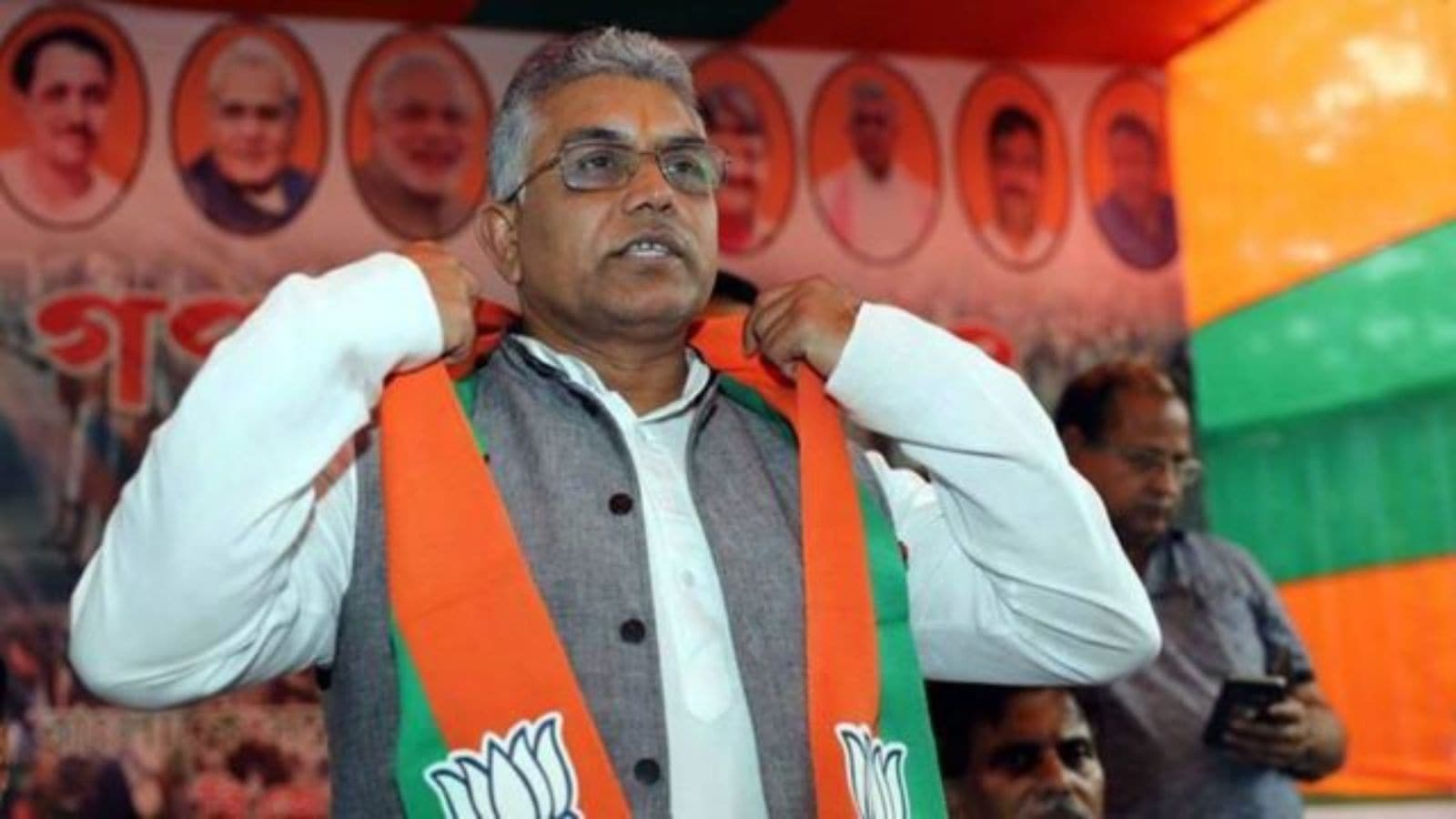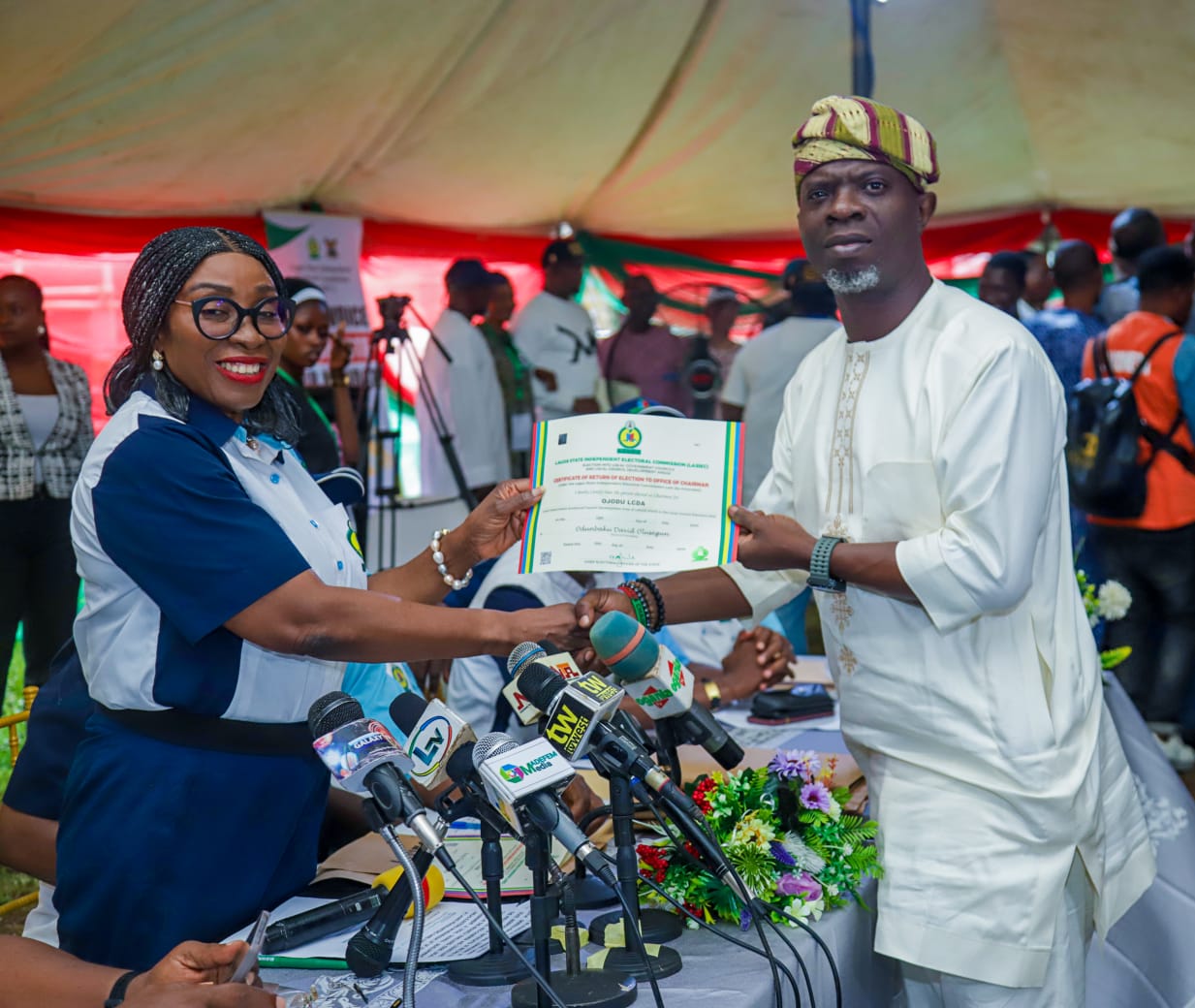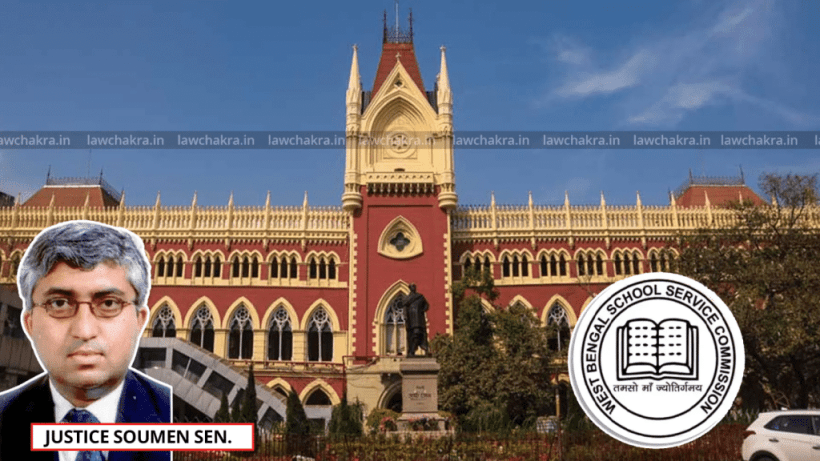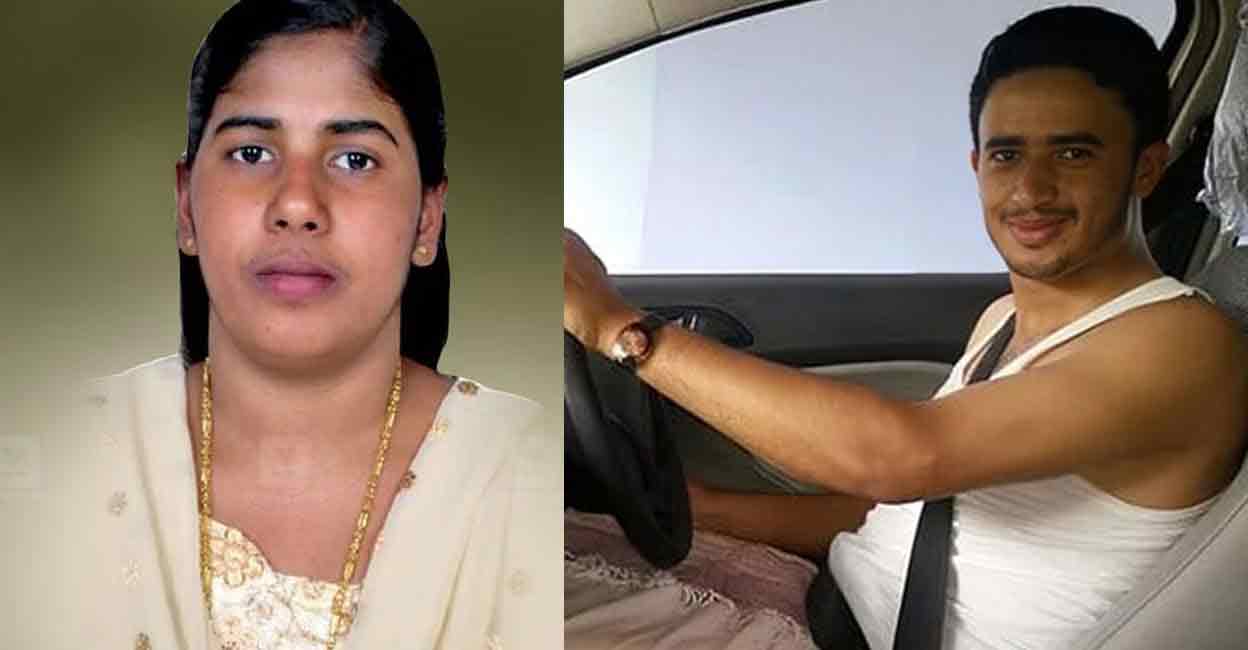Baby Chakraborty, Kolkata, May 1, 2025 : Amid mounting attacks from within his own party, Dilip Ghosh, the former BJP state president, has responded with sharp words and a candid assessment of the current state of the party in West Bengal. The criticism began after Ghosh’s visit to the Jagannath Temple in Digha on Wednesday, which triggered a series of attacks from rival factions within the party.
In a press interaction, Dilip Ghosh defended his actions, invoking the example of former Prime Minister Atal Bihari Vajpayee and his legacy of diplomacy. “Atal Bihari Vajpayee bowed to the feet of Mamata Banerjee’s mother at Kalighat. That Vajpayee went to the declared enemy Pakistan with a message of peace. Modiji also went to Nawaz Sharif’s house. He carried out surgical strikes and airstrikes too. We believe in that culture,” Ghosh said, emphasizing that his actions were in line with the broader political ethos of the country, which allows space for diplomacy and engagement even with ideological opponents.
The former MP also addressed the accusations surrounding his alleged meetings with Mamata Banerjee, West Bengal’s Chief Minister. Ghosh clarified, “I did not have a separate meeting with Mamata Banerjee. Many people call secretly, but I am not involved in any such discussions,” he added, rejecting claims that he was secretly engaging with political rivals.
Dilip Ghosh did not shy away from acknowledging the internal struggles of the BJP in West Bengal, admitting that the party’s graph has been on the decline since 2021. “The party’s graph has been going down since 2021. We have forgotten how to win. My fight continues,” Ghosh said with a tone that reflected both regret and determination. His remarks underscored the internal rift within the state BJP, especially after their disappointing performance in the 2021 West Bengal Assembly elections, which saw the party lose significant ground to Mamata Banerjee’s Trinamool Congress (TMC).
Ghosh also responded to criticism over his visit to the Jagannath Temple, stating, “Why did I come to the temple? Many people are suffering! I have been going to the temple since childhood. I came to the temple, it doesn’t matter who built it. God should be kept above the argument.” His visit to the temple had been met with scrutiny from within the party, with some questioning the political significance of the visit.
Responding to criticisms from party insiders, Ghosh made it clear that the current leadership in the Bengal BJP was failing to deliver results. “Today, there are people in our party whom I fought against and made the party stand. Ever since the brokers came to the party, the party has been losing one election after another,” Ghosh said, taking a pointed jab at party members he believed were responsible for the current state of affairs. He further added, “Those who are pointing fingers at me should answer why the number of BJP MLAs, MPs, and panchayat representatives in Bengal is decreasing.”
His criticism reflects the internal turmoil within the BJP in Bengal, where factionalism has plagued the party’s efforts to challenge the dominance of the TMC in the state. The declining number of BJP representatives in the state’s assembly and local bodies has been a subject of concern for many party workers, who feel that the party is losing its grip on the state.
With a hint of sarcasm, Ghosh remarked, “I did not come to the temple to please anyone. I’ve been visiting temples since childhood. It’s not about who built it; it’s about our connection to the divine.” His comments on the temple visit and the internal party dynamics show that Ghosh is not afraid to voice his frustrations, even as he continues to position himself as a steadfast fighter for the party’s future in Bengal.
As the party faces growing challenges both internally and externally, Dilip Ghosh’s unfiltered comments highlight the growing discontent within the ranks of the Bengal BJP. It remains to be seen how this candid criticism will influence the party’s leadership and its strategy moving forward, as the BJP continues to struggle to find a strong foothold in the state.






